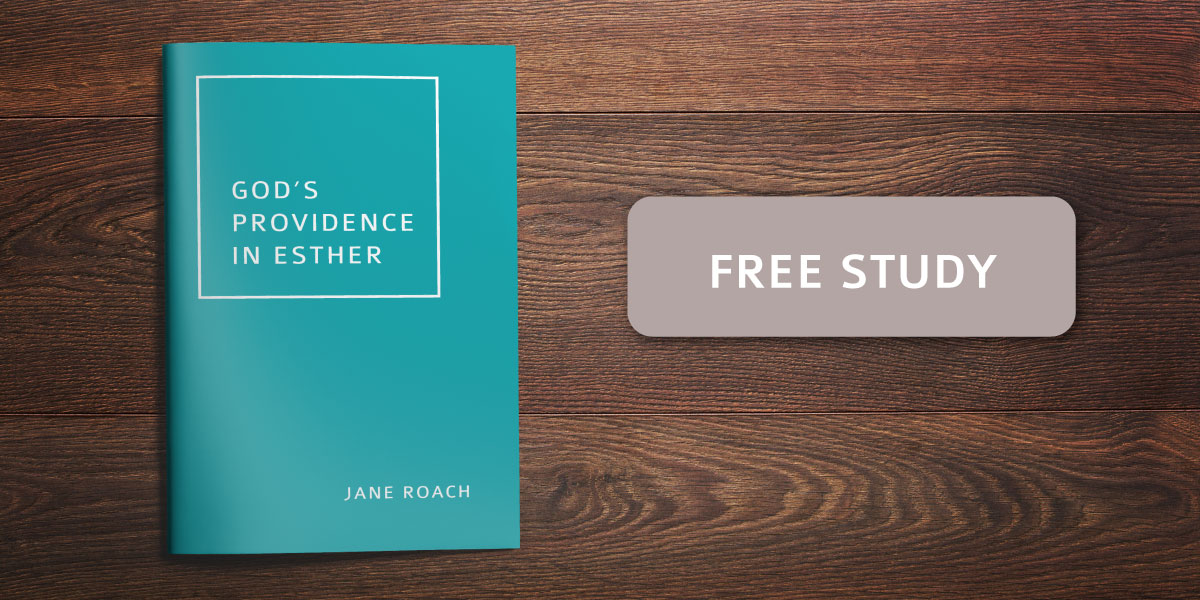Written by Jane Roach, (God’s Mysterious Ways)
Who is in charge?
This is the fundamental question that the Serpent posed to Eve and to every person since Eden. This question is in the forefront of our minds even when we are young. When one of my grandsons was three years old, his mother left him in my care at my home. As she was driving away, he put his hands on his hips, pulled back his shoulders, looked at me, and asked with an authoritative tone, “Well, who’s in charge here?”
After I got over the shock, I got down to his level and looked him in the eye, replying, “You are not.” He literally shook with surprise. We had a lovely conversation with him sitting on my lap as I explained that he was our guest and we were responsible for his care when he was with us. He was satisfied, and we had a wonderful time together.
People ask this question in many different ways:
Is there a God?
If so, what is he like? How does he relate to the world and to people today?
Is there objective truth? Are there objective standards? Does God have a Son?
How many ways are there to salvation?
Is God a person or a force? What does it mean to be nice to other people?
Who are the Jews, and why is their history filled with efforts to eliminate them?
What part does God play in evil? Where is our world headed?
What can we do to change the direction? Who decides the answers to these questions?
I have encountered people who answer these questions without a frame of reference outside themselves. They sincerely believe mutually exclusive statements at the same time and see no contradiction.
The need to know God as he has revealed himself in the Bible prompted me to teach a women’s Bible study of the book of Esther, emphasizing the providence of God. It was delightful to encounter the class members in the community and hear them talking about God’s providence, a topic previously not part of their conversations.
God is not mentioned in the book of Esther, yet it has many hints of his presence. The compelling narrative presents God as the all-powerful one who sovereignly directs history according to his predetermined plan. Esther provides answers for how the Old and New Testaments are related through the Bible’s big story of redemption. It has a message of hope for God’s people. While the world attempts to change the decrees of God the Creator, they will not succeed. God, not political leaders, will have the final say in what is right and wrong. God providentially watches over his people, and nothing and no one will ultimately prevail against them. In fact, those who attempt to destroy God’s people find themselves fighting against God.
“Who is God, and how does he relate to the world and people today?” are questions answered in the book of Esther. The values of the Persian Empire look very much like those of our own day. Even in the professing church, people are often more concerned with what they have or do or appear to be than with who they are. The spectacular gets our attention rather than the ordinary providence of God at work in our lives. Pop culture and the news celebrate those who assert their independence from God rather than the faithful who trust God day after day, in success and failure, sickness and health, joy and sorrow. When it seems God is nowhere to be seen, he is at work. God is already where we will be tomorrow. He is working out his divine plan for his glory and our eternal good. We need no “plan B”; God’s perfect plan is being accomplished. The book of Esther invites you to take God at his Word in the mysterious fulfillment of all his promises. Its message is needed in the world today.
Esther is a book named for a woman, but it is part of God’s revelation for all—men, women, and children. God reveals his providence that we may understand it and embrace it for our lives. To embrace means to cherish and hold dear. May you see and embrace God’s providence in your personal life, your family, your church, your nation, and the world through taking a step back in time into the historical narrative of Esther.
Are you ready to begin or dive deeper into the book of Esther? To get you started, we’ve put together a free guide from Jane Roach on the book’s first chapter. Jane will walk you through the passage, showing how God uses the sinful actions of men and women to set the stage for his ultimate plan. Study questions are provided to help you to apply the text in your life.



Comments